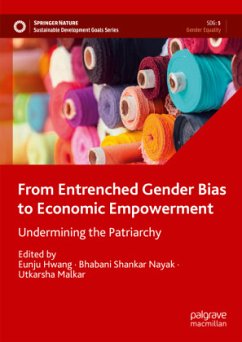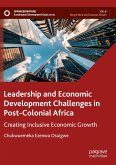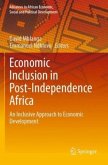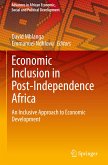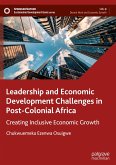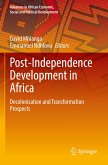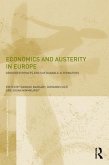This book examines entrenched gender bias and the economic, political, and social systems that sustain patriarchy. Drawing examples from both developed and developing countries, it underscores the barriers women face within the capitalist system. It delves into how operational practices, economic frameworks, and political institutions perpetuate gender bias. Through the study of cases where traditional power structures have been challenged, it proposes a framework for achieving gender equality through cooperative and collaborative action, ensuring inclusion for all within the democratic system.
This book places particular emphasis on the economic involvement of rural women, the potential for technology to empower women, gender equality within the creative industries, and the enduring nature of patriarchy. It demonstrates how economic progress can be inclusive and beneficial for women globally and will be of interest to students and researchers in development studies, labour economics, political economy, and gender studies.
This book places particular emphasis on the economic involvement of rural women, the potential for technology to empower women, gender equality within the creative industries, and the enduring nature of patriarchy. It demonstrates how economic progress can be inclusive and beneficial for women globally and will be of interest to students and researchers in development studies, labour economics, political economy, and gender studies.

